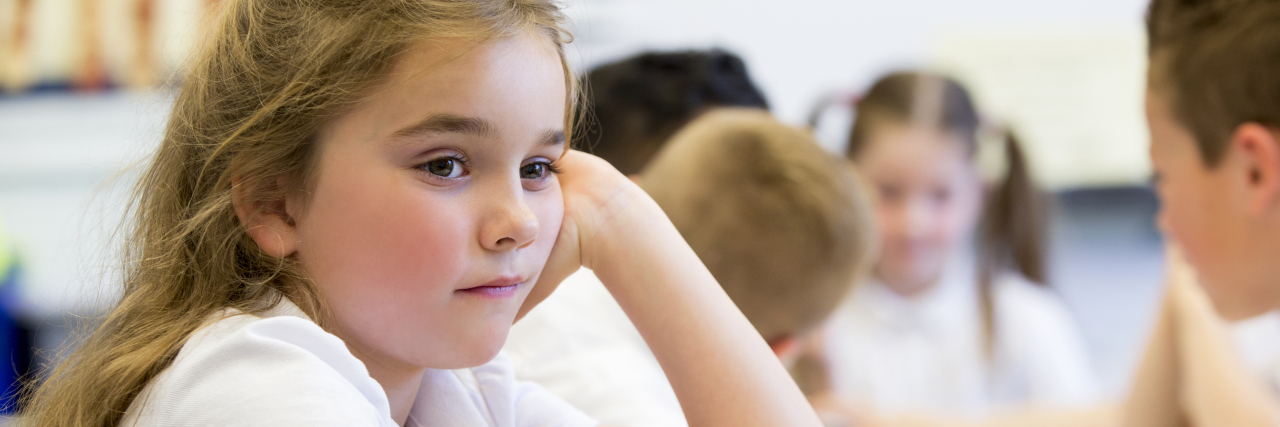Welcome to the Learning Disability Club, recruiting one in every five of the population, whether you want to join or not.
It is estimated that one in every five people has a learning disability. I came to the learning disability “club” unwillingly in kindergarten. As a child, I often felt isolated and frustrated. At the time, I didn’t know that learning disabilities were common and many people with them were successful. I did not know my disability could be used for my own good and to help others as well.
Clubs and organizations are designed to bring people together for a common cause or purpose. I was placed in learning support classes with other students who had disabilities as well. I felt like I had little in common with my fellow “club” members. Most of the other students with learning disabilities struggled with reading and behavior issues. Sadly, a great majority of them came from rough family backgrounds as well. I struggled with math, visual perception and eye-hand coordination. Fellow club members would bully me and I felt like I wasn’t as smart as the regular education students. I longed to be like everyone else and find what I was good at. It seemed like everything I tried was a disaster.
Much of the frustration I experienced can be explained by Erik Erikson’s theory of industry versus inferiority. Erickson says that during middle childhood, a child devotes their time and energy to education and skill development outside of their families. If a child learns effectively, they develop a sense of industry and see that hard work produces good things. The child will master their environment and be set up for success. If a child struggles at school, they may feel inferior to their peers. Inferiority can stay with them for life, unless they are able to find their skills and abilities. If students are able to find their talent in sports, music, art, or other hobbies, they will have a sense of industry and will generally want to achieve positive results.
I struggled to find activities I could do well. My visual perception and eye-hand coordination made gym class difficult. I also struggled in art and music classes. My parents supported me and I can remember my father saying “God doesn’t create junk.” In third grade, I found I was good at writing. I can remember my first story was about a dinosaur. My parents read it and said how good it was. I was also an avid reader.
The divide between my peers with disabilities and I grew as school progressed. Most of my classmates with disabilities were planning on trade school, not college. I knew I wanted to go to college, but I was afraid I couldn’t do it because of my learning disability. I didn’t have any role models who had a learning disability and were in college. Thankfully, a student teacher in my junior year encouraged me. She told me I could go to college because I knew how to study. She also told me there were people in college who had learning disabilities.
When I started to get involved with activities outside of my school, I found people with disabilities who were successful. I was also introduced to people who shared common interests and accepted me. Some of these people had disabilities, while others did not. It has not always been easy disclosing my disability. I have had advice from people who were well-meaning, but did not understand my disability.
The disability club may not be one people want to join, but it is important to know you are not alone. I have connected with other people with learning disabilities, and I have found we share some of the same challenges. Each person has their own unique journey, but there are common aspects as well.
I did not choose my disability, but my experiences with it have shaped me into who I am. My disability helped me to think outside of the box and find different ways to solve problems. I am able to provide empathy and encouragement to each student I work with. I am able to connect with parents who have a child with a disability as well.
To new members of the disability club, I welcome you. The news may be scary, sad and you may come unwillingly. I can tell you there are other people who share similar challenges and joys. If you stick around long enough, you may find it’s not the worst club to belong to after all.
Getty photo by DGL Images.

